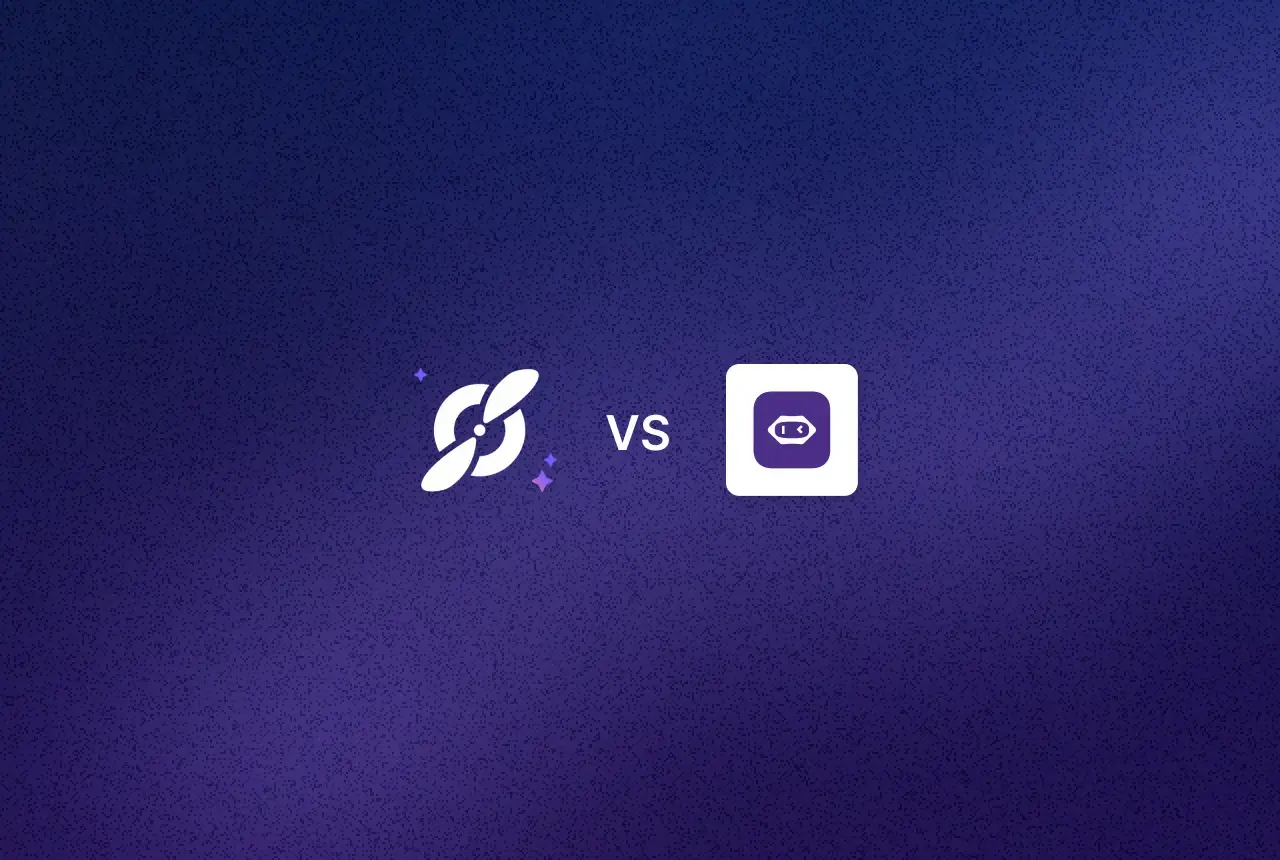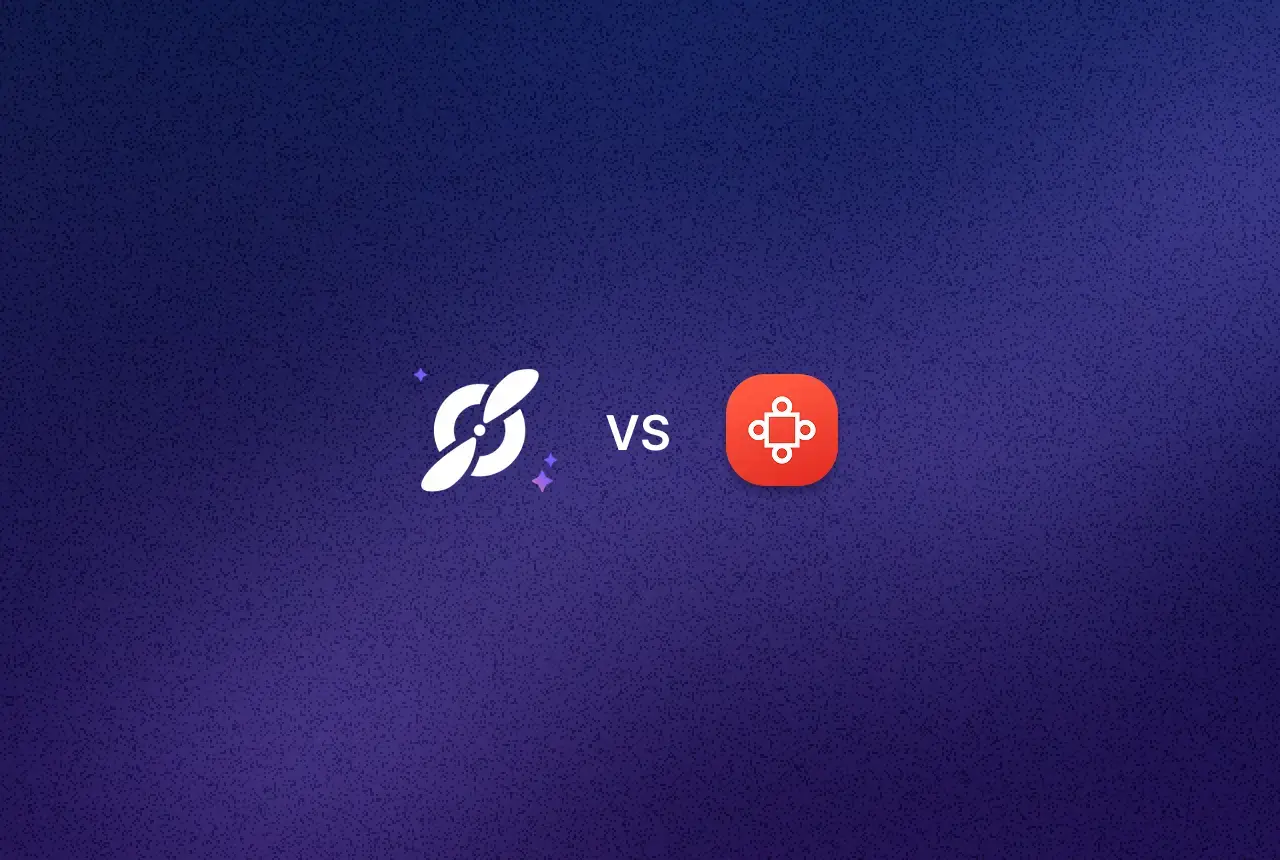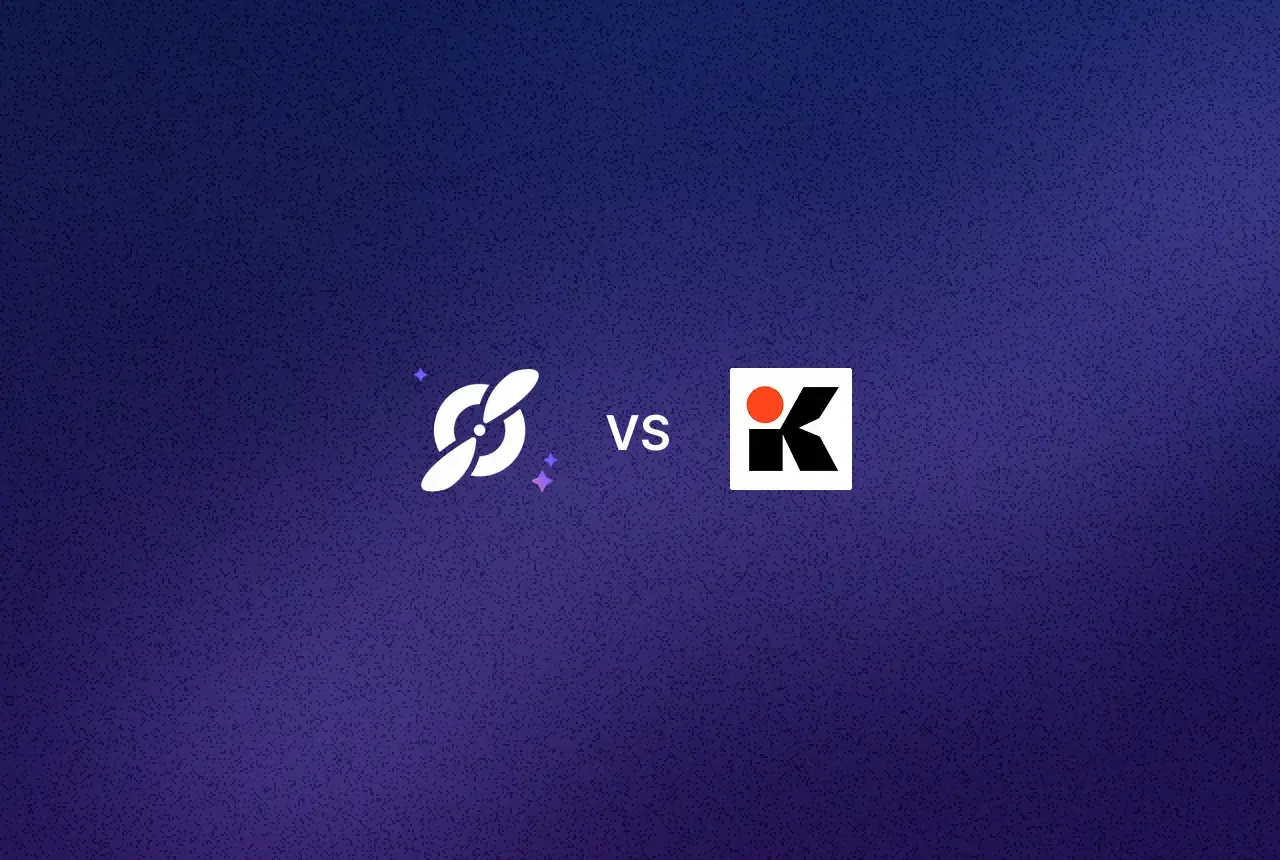Using AI for Performance Reviews: A Guide
Dec 5, 2023
•
4
MIN READ
AI Summary by Fellow
Artificial intelligence (AI) has been a game-changer for organizations looking to automate processes, generate new ideas, and process data quickly. As the year comes to an end and performance review season begins, managers can use AI to level up their feedback, assess performance, and make informed decisions about employee development.
Keep reading to explore how AI is being used by organizations across industries to conduct successful performance reviews, view the pros and cons of using AI during reviews, and see how you can use Fellow’s features like AI-generated meeting agendas, suggested topics, and AI meeting transcription to elevate your performance reviews.

How is AI being used in performance reviews?
Automating the collection and analyzing data: AI paired with data science techniques can be used by managers to clean, inspect, and model employee data. AI tools can also collect data on employee performance from various sources like calendars, emails, and project management tools to assess how things are going.
Providing objective assessments: Many AI tools integrate with data sources to incorporate objective performance data. Managers can use AI to generate employee assessments by comparing employee performance against pre-determined metrics.
Identifying areas of improvement: AI tools can be used to identify factors that influence employee productivity, retention, and satisfaction. Managers can use AI algorithms to identify patterns in data and offer insights into where improvements can be made.
Providing personalized feedback: AI can offer real-time analysis so that managers can offer employees essential, timely feedback.
“For busy leaders, the clock is always ticking. ChatGPT helps with the heavy lifting at the start of a project, process, and even a tricky personnel issue. But it's not a replacement for thought, just the latest AI tool to make us more productive - so we can find the time to be more human.”
— Greg Orme, Forbes contributor
Pros and cons of using AI for performance reviews
Pros
Limits errors: The chance of making a mistake during a review is high if managers manually input their own data sets into performance review software. AI can flag missing values, typos, and formatting errors in employee data and, therefore, limit errors. AI can also detect factual errors, ensuring that feedback is accurate and trustworthy, as well as processing far more information—and at a higher pace—than humans can.
Provides a data-driven approach: Many managers are delivering performance reviews in a way that forgo a subjective approach. Leaders can use AI to deliver data-driven performance reviews that provide a fair evaluation and offer accurate, constructive and positive feedback. Using outlined key performance indicators (KPIs) that depend on each employee’s role, responsibilities, and other factors, AI can analyze where employees are performing well and which areas need more attention.
Reduces human biases: Human brains are designed to make quick judgments unconsciously. While some biases are helpful, like choosing to eat healthy foods, biases are often unnecessary and can even be harmful in the workplace. AI can reduce human biases by exposing them and enabling managers to make decisions that reflect objective data. It can also notify leaders of blind spots to make better decisions.
Streamlines processes: Performance reviews come with several mundane, repetitive tasks that can be automated. Managers can use AI tools to complete tasks like data entry and free up time to focus on generating high-value feedback for employees. AI can also identify employee patterns and trends that managers can meaningfully incorporate into performance reviews.

Cons
Can be costly: Some AI tools are expensive and may not necessarily be worth the cost—especially if a manager’s only plan is to use them for performance reviews. Implementing AI performance reviews may also require specialized training and enhanced digital infrastructure within the workplace.
Lacks a human element: Like other one-on-one meetings, performance reviews help employees and managers build trust and rapport. While tools can use data to offer objective feedback, they can’t help managers grow relationships, offer guidance, or more meaningfully support employees. AI also lacks the capacity to identify employee potential, something that organizations must be able to identify and recognize to innovate and grow their operations.
Has the potential for misinterpretation: AI solutions for performance reviews may misinterpret data and suggest that an employee is underperforming in certain circumstances. For example, if a manager uses AI to inspect and interpret employee data, it might assume that an employee who submitted less work than usual or worked fewer days than they normally do is underperforming. In reality, that employee may have taken on fewer, larger tasks, dealt with a family emergency, or transitioned to a new role during this time, making their performance review a poor reflection of their productivity and engagement.
Depends on data quality: To implement AI into performance reviews, managers must have plenty of readily available employee data to input into AI software. Employee performance data is a combination of hard numbers and soft intuitive insights, and it can take months or even years for managers to accurately collect this data before an AI can be used to interpret it.
How to use Fellow + AI for performance reviews
Fellow now offers AI-generated meeting agendas, suggested topics, and AI meeting transcription to elevate your sessions from beginning to end. AI meeting summaries, along with recordings and transcriptions, are kept in a central repository for meeting records so everyone is aligned at all times.
When it comes to performance reviews, Fellow + AI can help ensure every conversation is goal-oriented and relevant. Using our Performance Review Meeting Template or another one of our 500+ ready-to-use meeting agenda templates, managers can provide positive and constructive feedback and highlight strength areas as well as areas for improvement.
Plus, employees and managers can stay engaged during each review, knowing that Fellow’s real-time transcription feature is capturing every detail of the conversation. Our all-in-one meeting tool can help managers and employees continue the conversation once a performance review ends, too. Using Fellow’s AI summaries, participants can review a concise recap of the discussion and feedback delivered.
Want even more tips? Check out our blog post on how to conduct a successful performance review.

Examples of using AI for performance reviews
There are a few key ways that managers can use AI to conduct thorough and effective performance reviews:
Prepare for performance reviews: AI chatbots like ChatGPT can generate copy to help managers and employees prepare for a review. On one hand, managers can input employee data to generate unbiased feedback. On the other hand, employees can use AI to develop a list of questions to ask or prepare a script to discuss a promotion.
Summarize accomplishments: Employees can use chatbots to turn bullet points of their accomplishments into a narrative to use during performance reviews. Tools like ChatGPT can pull key themes of an employee's achievements or areas for improvements to highlight during the review.
Draft meeting questions: When given proper context, chatbots can provide a list of questions that managers may ask during performance reviews. Employees who want to prepare for their reviews can prompt a chatbot by offering it previous feedback they’ve received and details about projects they’ve recently worked on to receive a list of potential questions. Employees can also use tools like ChatGPT to develop follow-up questions after they receive feedback.
Develop a professional growth plan: Performance reviews often focus on how employees can improve, grow their strengths, and progress in their roles and careers. Employees can input data from careers and leaders into AI to develop growth plans with steps to enhance strengths and identify areas for improvement.
Brainstorm goals and objectives: AI chatbots can offer suggested short- and long-term goals based on your job description and accomplishments. Employees can input their key skills and ask chatbots how they can best develop these strengths in the future. Employees can also input information about roles they’re interested in pursuing in the future and ask the AI to summarize the key skills they need to develop.
Transcribe reviews: Tools like Fellow offer transcription features that can easily capture a conversation so meeting attendees can remain fully present during every session.
Parting advice
There are endless benefits to using AI to optimize employee performance reviews. AI can eliminate human error, conduct real-time analysis, and offer a data-driven approach to reviews. AI tools can also help managers normalize feedback and build a culture that prioritizes employee growth and development.
Begin incorporating AI into your talent management processes by searching for a tool that can do more than help you conduct great performance reviews. Try Fellow today to elevate all types of meetings and leverage AI whenever needed.
Record, transcribe and summarize every meeting with the only AI meeting assistant built from the ground up with privacy and security in mind.







